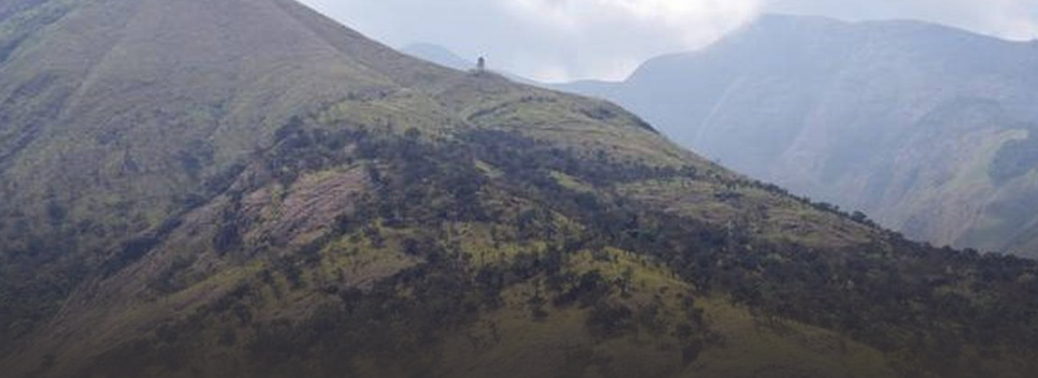When the hills fall silent
10, Mar 2019

A year ago, Kurangani, a village in the district of Theni, was teeming with people from cities like Chennai and Bengaluru, seeking adventure. They would scale the Othamaram, Kolukkumalai and Top Station with the help of locals, to camp and trek on weekends.
The treks, largely unauthorised, created a small, yet thriving local economy by providing livelihood and supplementary income to many families in Kurangani and nearby hamlets. That is history now. Life for villagers changed after March 11, 2018, when 23 people were killed in a forest fire. After the fire, everything abruptly ended.
The 23 victims were from two groups of trekkers, of which only one had engaged a local guide. While some escaped, 17 women and six men, who were descending from Othamaram, got caught in the blaze. Nine were charred to death on the spot and others battled for their lives at burns units of various hospitals. Eventually, they too succumbed.Locals, who played a key role in rescuing the injured, say that the sight and smell of the tragedy remain etched in their memory. While the incident left families of the deceased traumatised, the villagers say they are staring at a different, desolate reality.
Access denied
- Trekking, however, only provided an additional income. A far more pressing concern for the people of Kurangani and nearby hamlets today is the restriction on access to the forest after the incident.
- People of Kurangani says that a majority of people in the village either owned agricultural land inside the reserved forest or worked as labourers on those lands, grew coffee, cardamom, pepper and mango and used jeeps to take labourers for work and bring the produce. Now, vehicles are not allowed inside.
- Also says that the restriction has almost put an end to agricultural activities and, consequently, their livelihood. The labourers cannot trek that long daily and it has become extremely difficult to bring the produce downhill without vehicles.
Tribal travails
- The ban on movement of vehicles has created a deeper dent in the lives of those living in tribal hamlets inside the hills. Education too has taken a hit, two teachers who used to occasionally visit and teach at the tribal school in Mudhuvarkudi have stopped coming altogether.
- The head of the Ecotourism Management Committee (ETMC) formed in the area by the Forest Department, adds that it has become difficult for them to carry provisions to their village from the fair price shop in Kurangani without vehicles.
- Conceding that there has been loss of income, Collector however, highlights that the trekking that was going on earlier was illegal and could not be allowed to continue. Now, the Forest Department has regulated trekking by involving the ETMC.
- The district administration is also planning initiatives through the Mahatma Gandhi National Rural Employment Guarantee Scheme and other schemes to improve livelihood options. Whatever benefits and rights the tribal people are eligible for under the Forest Rights Act.
- On banning the movement of jeeps inside the forest, a senior official of the Forest Department acknowledges that it is a delicate issue.
- The tribals have some genuine concerns, but we go by the Forest Rights Act which clearly states that the right of way can only be one metre wide. Moreover, the ban is not a consequence of the fire tragedy. We are enforcing this everywhere.
- When the tragedy occurred, government said our village will get special focus and it made several tall promises. Nothing was fulfilled. Only families of the deceased came to thank us for our role in the rescue.






